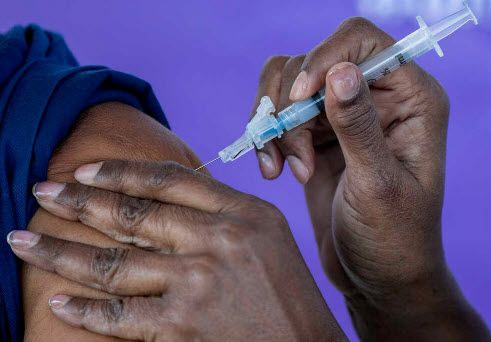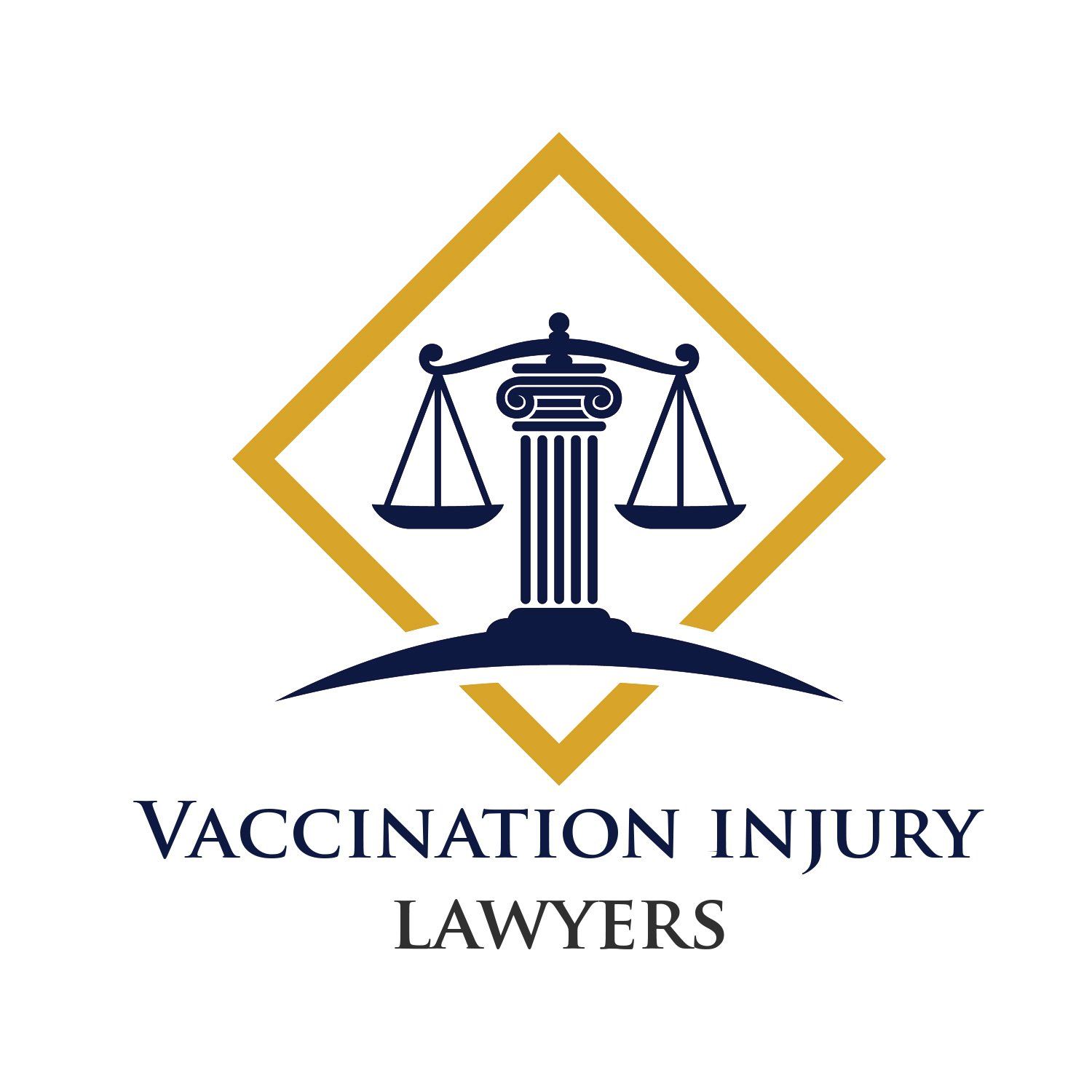The Flu Shot: What You Need to Know
April 4, 2020

If you care about your health, you should understand the balance between the risks and the benefits of every vaccination. The medical community does its best each year to encourage people to get their flu shot. Everyone needs to know if the vaccination is safe, who should get a flu shot, and what the options are if something goes wrong. If you have questions about flu shots, learn more.
Development and Effectiveness
Immunizations to protect against the flu began in the 1930, but the availability of the vaccination to most Americans began in 1945. The effectiveness of the flu shot varies each year because the strain used to create the vaccine may not be the one that circulates the most through the population.
Thousands
of people often die each year in the United States from influenza. It is not unusual for 30-40 million Americans to suffer from the illness during the flu season. A vaccination with only a 40 percent effectiveness rate could still potentially help to avoid a lot of illness and prevent some deaths.
Restrictions of Use
Seasonal flu shots have been safely administered to hundreds of millions of people, according to the Centers for Disease Control (CDC). The CDC recommends vaccinations for everyone older than 6 months. Those that have an allergy to the vaccination and people who are currently ill or had a recent illness may need to forgo the shot.
Eggs are used during the production of the flu vaccine so anyone with a severe egg allergy should only have the shot in a medical setting. A qualified doctor with experience in the treatment of allergic reactions should stay available for assistance if a reaction occurs.
Occurrence of Problems
Side effects happen occasionally with the flu vaccine but are usually mild. Some common issues can include muscle pain, fatigue, and fever as well as other mild complaints. Pain and redness at the injection site and other problems typically subside quickly without any medical assistance needed.
A serious consequence of vaccination could include the worsening of Guillain-Barré syndrome
or the return of the illness. Guillain-Barré syndrome (GBS) is a rare condition, and most people recover from the illness, but some will have lasting nerve damage. The condition causes muscle weakness due to nerve cell damage and can cause paralysis.
The connection between the flu vaccine and GBS is not fully understood. The confusion and potential risk make it necessary for doctors to warn their patients about the concern. People currently suffering from GBS, or that have just recovered, should discuss the issue with their doctor before they receive a vaccine.
Options for Compensation
The US Government's Health Resources and Services Administration operates the National Vaccine Injury Compensation Program (VICP). The program offers financial compensation to those who experienced some type of injury due to a vaccination. The injuries must match the type listed by the agency and the claim needs to take place within a specific timeframe.
The agency includes influenza vaccinations as one of the covered vaccines, but only seasonal flu shots. Any vaccinations for non-seasonal flu, like following the H1N1 epidemic or any other epidemic or pandemic, are not covered by VICP. However, the lack of coverage does not mean people cannot file a lawsuit for injuries.
Additional Injury Assistance
Patients with side effects from a non-seasonal flu shot or whose injuries do not match the side effects covered by VICP, can file an injury lawsuit. Complications like a doctor not informing a patient with an egg allergy of the risk and incorrectly administered vaccination that led to infection are examples of when to consider this option.
Vaccination safety remains a hot topic today, but people with real injuries do not want to listen to the hype. At Vaccination Injury Lawyers, we offer genuine assistance with vaccination injuries. Contact us to schedule a consultation. Our team will do all we can to get you the compensation you need and deserve. Contact us today.

Explore Texas DWI laws, including legal BAC limits, penalties for first-time and repeat offenses, and the consequences of refusing a breath or blood test. Learn about enhanced penalties for high BAC levels, the importance of ignition interlock devices, and rules for driving with a child passenger. This guide highlights the critical details you need to stay informed about Texas DWI regulations and potential legal repercussions.
You may have heard that Autism Spectrum Disorder can result from vaccinations. Read this blog to learn where this myth came from and why it's incorrect.
If you're expecting a child or planning a pregnancy, you may be wondering if and why the COVID-19 vaccine may be recommended. Read to learn all about it.
Even though vaccines are effective, some are reluctant to get vaccinated. Learn the facts about vaccination and how it protects communities.

Shoulder injuries following all types of vaccinations are becoming more common as vaccination numbers remain high. Inflammation of the injected shoulder can cause severe pain, limited motion, and other symptoms that last months or years. Sometimes, surgery is even required. Compensation for these specific injuries is available. For a more in-depth analysis of what a SIRVA is and how it occurs, check out the following article. Click Here .
With technology taking center stage in the medical industry, vaccines help to protect billions. Learn about the common vaccine types in existence today.
Estate planning with Alzheimer's or dementia can be challenging, especially as the condition progresses. See some tips to help if you are in this situation.
Every year, a percentage of individuals develop Guillain-Barré Syndrome (GBS) after getting the flu vaccine. Learn about this illness and its vaccine link.
Some parents question if the shot is worth it and safe. Read on to learn about chickenpox vaccine safety and what to do in case of side effects.

